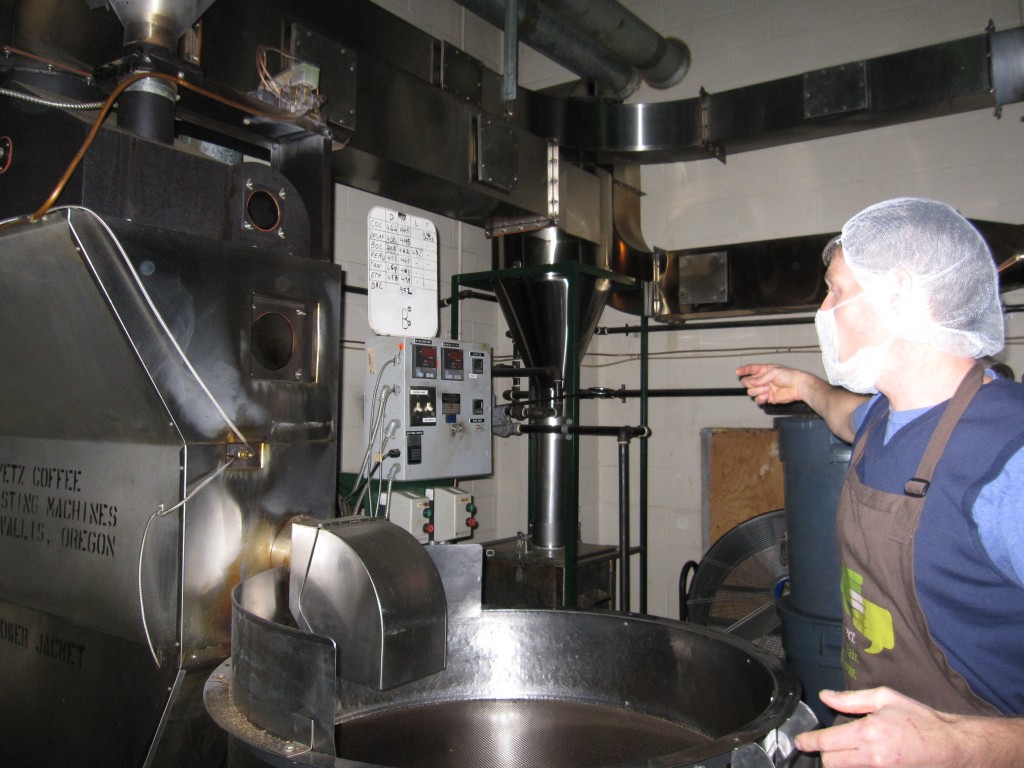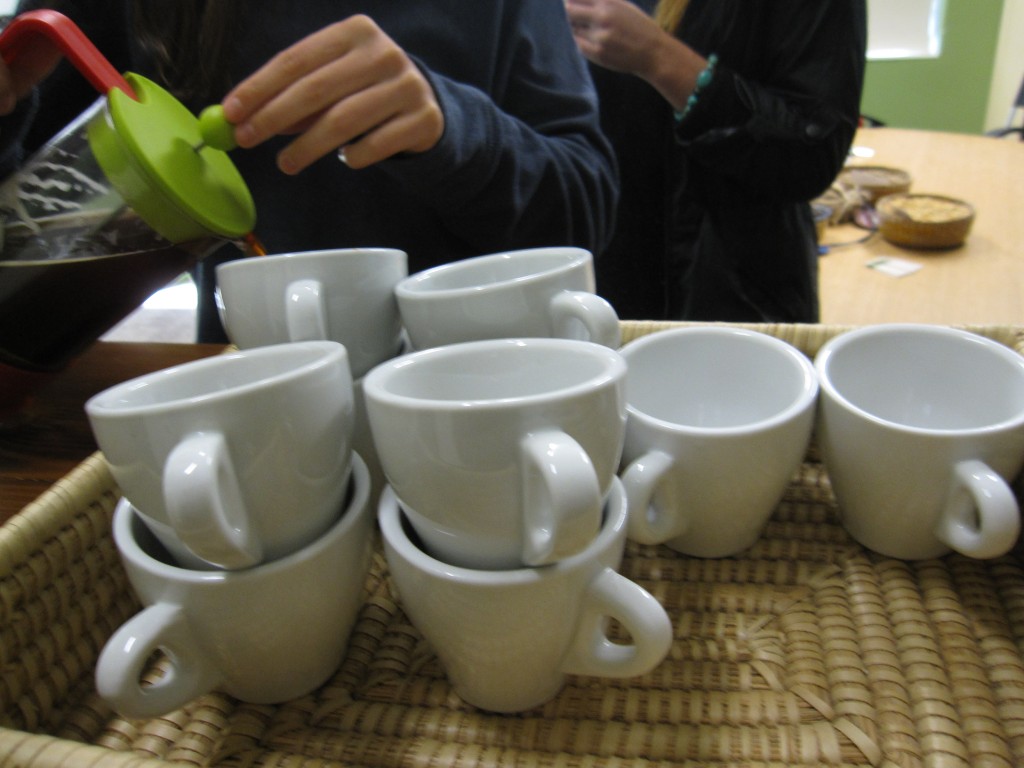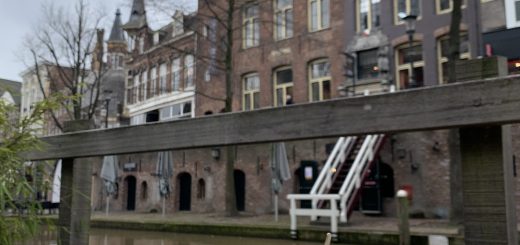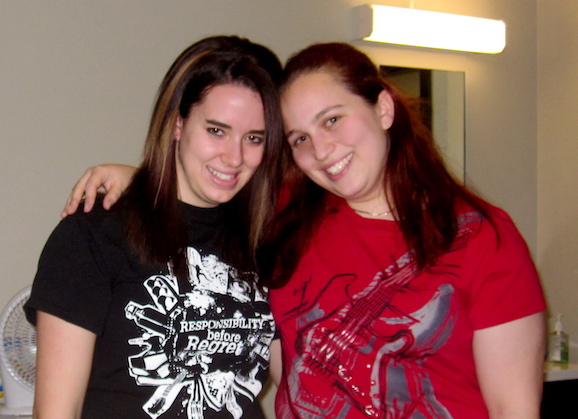More than just a beverage: A meaningful handshake with Level Ground Trading
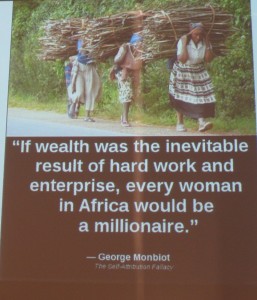 It’s one of the most popular beverages we crave in the mornings, during the day, and for a boost during those late nights of procrastination. But there is more to just a cup of coffee or tea.
It’s one of the most popular beverages we crave in the mornings, during the day, and for a boost during those late nights of procrastination. But there is more to just a cup of coffee or tea.
Where does it come from? Who picked our coffee cherries? Do they really look like cherries in their fresh form? (Yes.) What about our rice, coconut oil, spices, vanilla beans, cotton, fruit, and everything we can so easily buy off the shelves in stores here. Where do they all come from?
I’m part of the UVic Sustainability Project, which focuses on climate change awareness, outreach, global food systems and security, fair trade, and sustainable behaviour change. It’s a fabulous student-run organization to be involved with, and we are primarily funded through the Student Society (UVSS). We organized a trip on November 27 to visit a local coffee trading and roaster: Level Ground Trading.
Stacey Toews, co-founder of Level Ground Trading, speaks from the heart
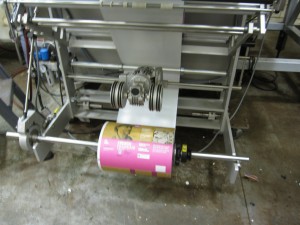 One of the stand-out stories of the afternoon visit was how every year Level Ground invests a Direct Fair Trade community premium when they purchase Colombian coffee.
One of the stand-out stories of the afternoon visit was how every year Level Ground invests a Direct Fair Trade community premium when they purchase Colombian coffee.
Since 1998, they’ve invested in Famicafe in Colombia, which has granted 1,184 academic scholarships so far to rural youth in Colombia, plus investments in infrastructure development in rural mountain schools. Learn more about Level Ground’s values.
Stacey also showed us photos of his small-scale farm (pigs, chickens, eggs, squash, vegetables, onions, potatoes, and more) which was inspiring to our team sitting around the wooden table. Stacey is very family-oriented, and it shows in all his actions both at home and abroad. Stacey and his team are all committed to making good and ethical money for deep social purposes.
Direct fair trade is driven by more than just a few tick boxes to make sure working conditions meet minimum standards. It is above and beyond. Stacey emphasized that international direct trading partnership is based on dialogue, transparency, and respect.
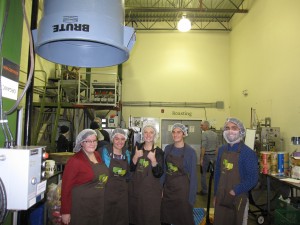 They acknowledge the hard work and risk involved with growing and selling crops, and they focus on giving farmers the opportunity to support sustainable environmental practices whilst increasing independence, education, and positive and safe work conditions.
They acknowledge the hard work and risk involved with growing and selling crops, and they focus on giving farmers the opportunity to support sustainable environmental practices whilst increasing independence, education, and positive and safe work conditions.
It is hard to imagine something as simple as buying rice or coconut oil off the grocery store shelves probably required hundreds of laborious hours under unsafe working conditions thousands of miles away in another continent.
Women sometimes have to walk more than five hours carrying sacks of rice or buckets of water equivalent to three times their body weight. It is hard to imagine, but it is the truth.
So the next time you are about to purchase something that is not grown locally in Canada, maybe pay a little extra attention to the packaging, labeling, and company. Your choice and your dollars can make a huge difference.
